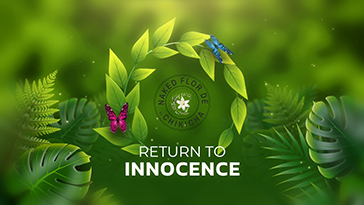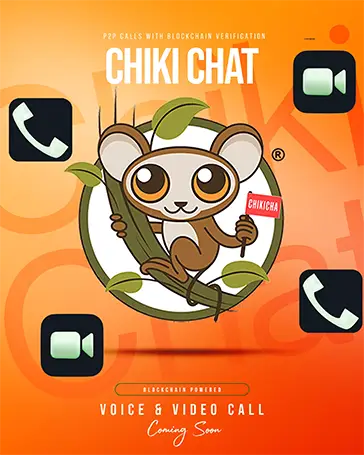Reality TV is the junk food of television — deliciously addictive yet guaranteed to leave some regret after binging. From shocking makeovers to family feuds, these shows promised “real life,” but what we often got was an exaggerated mirror of society’s worst impulses. The early 2000s gave rise to a new era of voyeurism, where private moments became public entertainment and ratings trumped ethics. Viewers tuned in to laugh, cry, and sometimes cringe as real people’s insecurities, ambitions, and meltdowns were packaged into prime-time drama.
But not all reality shows age gracefully. Some, like fine wine, remain iconic cultural time capsules; others curdle like milk left out in the sun. From extreme body transformations to absurd dating experiments, these five shows represent the darker side of “reality” — where emotional manipulation, exploitation, and questionable morals ruled the screen. They remind us that entertainment has consequences, and sometimes the biggest plot twist isn’t what happens on-screen, but how it makes us feel years later.
So grab your popcorn (or maybe a stress ball), because we’re revisiting five of the most cringe-worthy, controversial, and downright uncomfortable reality shows that made audiences ask: Did this really air on television?
1. The Swan – Extreme Makeover or Emotional Meltdown?
Image
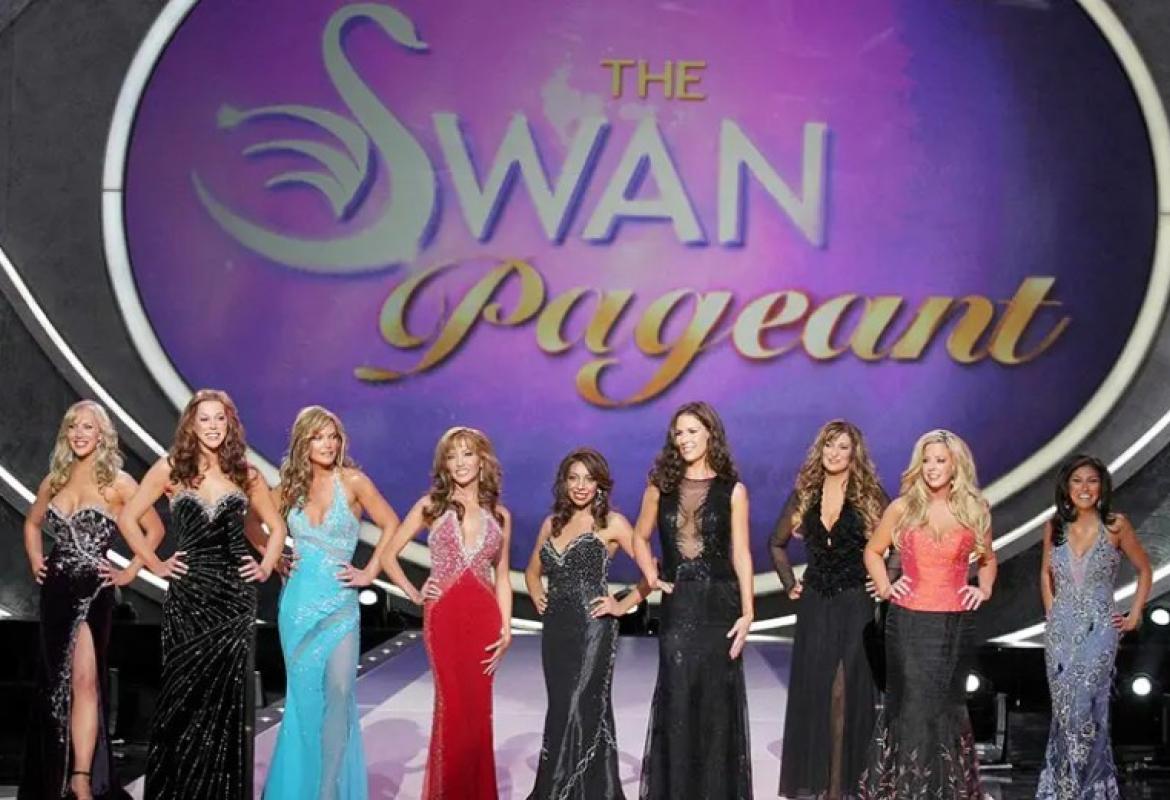
Imagine a show where contestants undergo drastic plastic surgery, followed by intense diet and therapy sessions — all leading up to a final beauty pageant where they’re judged on their new faces. Yes, that was The Swan. Premiering in 2004, it took the makeover genre to shocking extremes, presenting transformation as a cure for insecurity.
🧨 Why people hated it: Critics called it cruel and dehumanizing. It promoted the idea that physical beauty equaled worth and that happiness could be surgically achieved. Contestants often broke down emotionally, and psychologists later questioned the show’s ethics. What was sold as “empowerment” was, in reality, televised trauma dressed in glamour.
2. Keeping Up with the Kardashians – Fame, Filters, and Fake Fights
Image
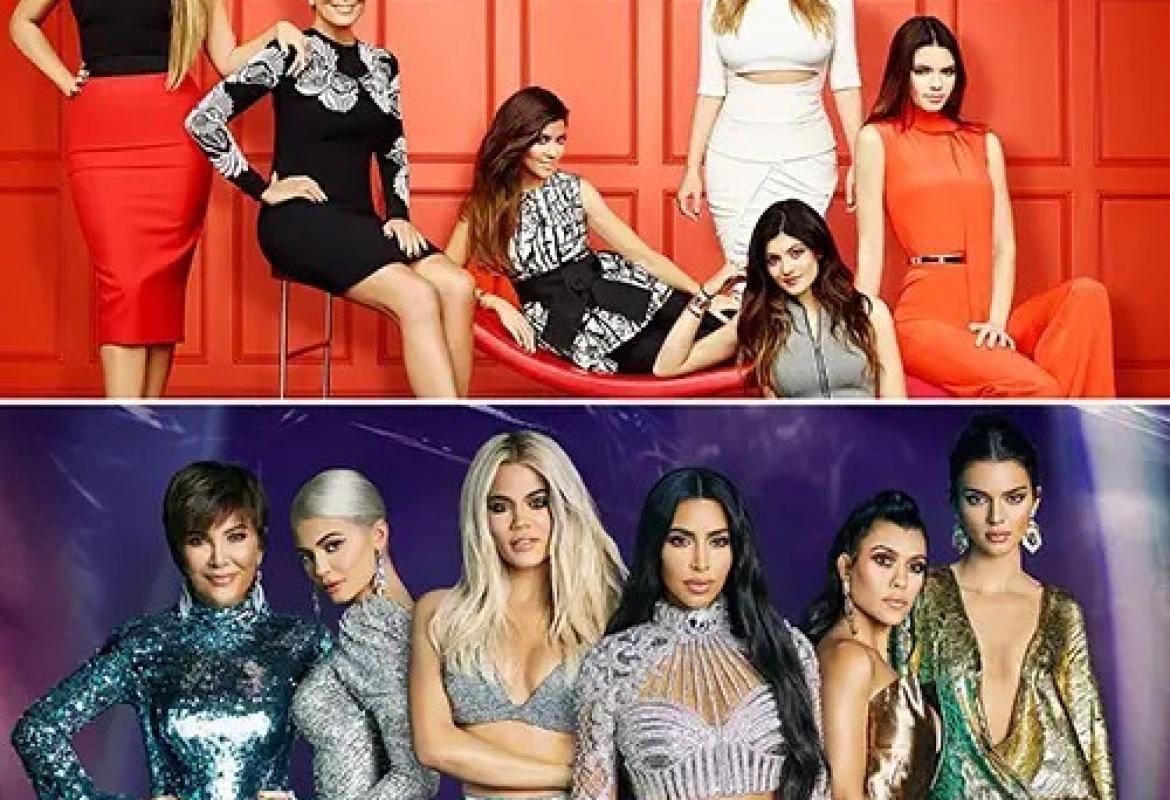
Love them or loathe them, the Kardashians changed pop culture forever. From 2007 to 2021, the family turned everyday drama into a billion-dollar empire, redefining fame in the digital age. With picture-perfect selfies, designer wardrobes, and never-ending feuds, the show became both a guilty pleasure and a cultural phenomenon.
🧨 Why people hated it: Critics argued it glamorized vanity, consumerism, and a performative lifestyle detached from reality. The show blurred authenticity with editing, making viewers question what was real and what was scripted. Still, its impact on influencer culture and modern celebrity is undeniable — for better or worse.
3. My Super Sweet 16 – Birthday Parties from Your Nightmares
Image
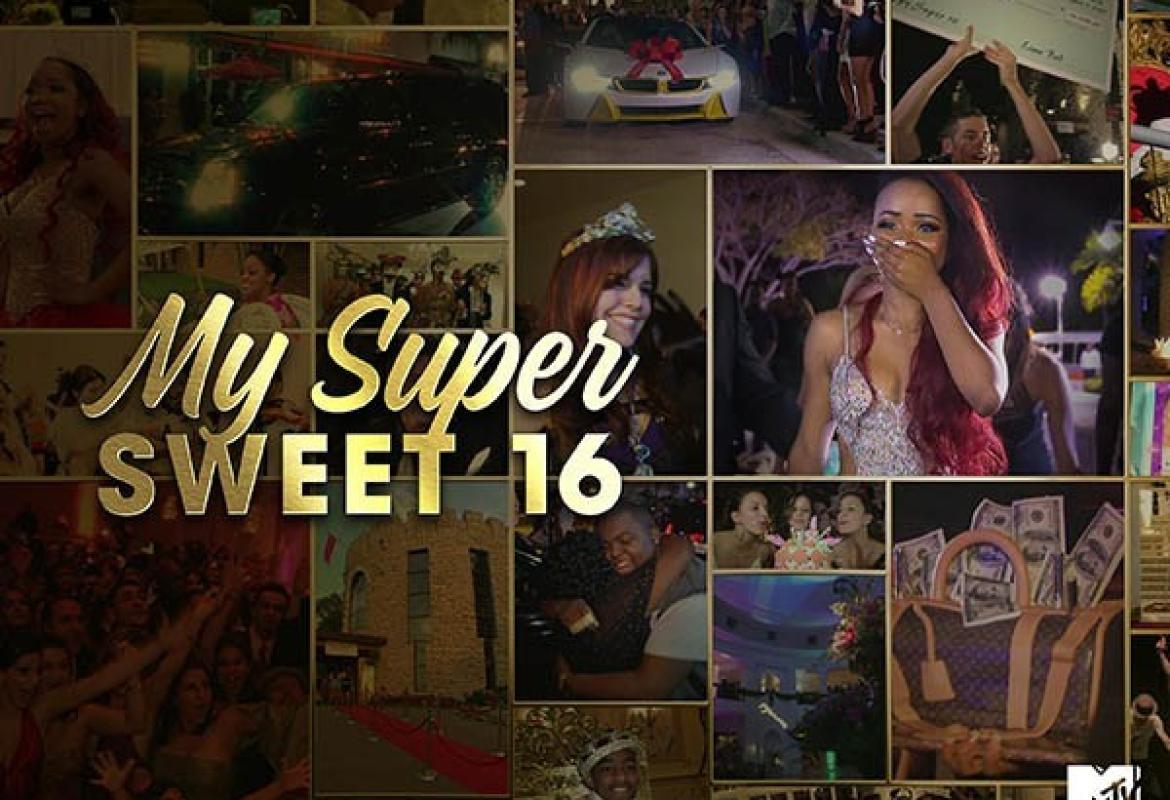
MTV’s My Super Sweet 16 gave viewers an exclusive look at the extravagant lives of spoiled teens. The premise: parents spend absurd amounts of money on over-the-top birthday parties while their kids throw tantrums over minor details — like getting the wrong color sports car.
🧨 Why people hated it: It was a masterclass in entitlement. Viewers watched in disbelief as privilege was celebrated and empathy disappeared. The show fueled discussions about parenting, wealth inequality, and the dangers of raising a generation that equates luxury with love. Ironically, many of those same teens later admitted embarrassment over their televised behavior.
4. Here Comes Honey Boo Boo – Southern Stereotypes on Blast
Image
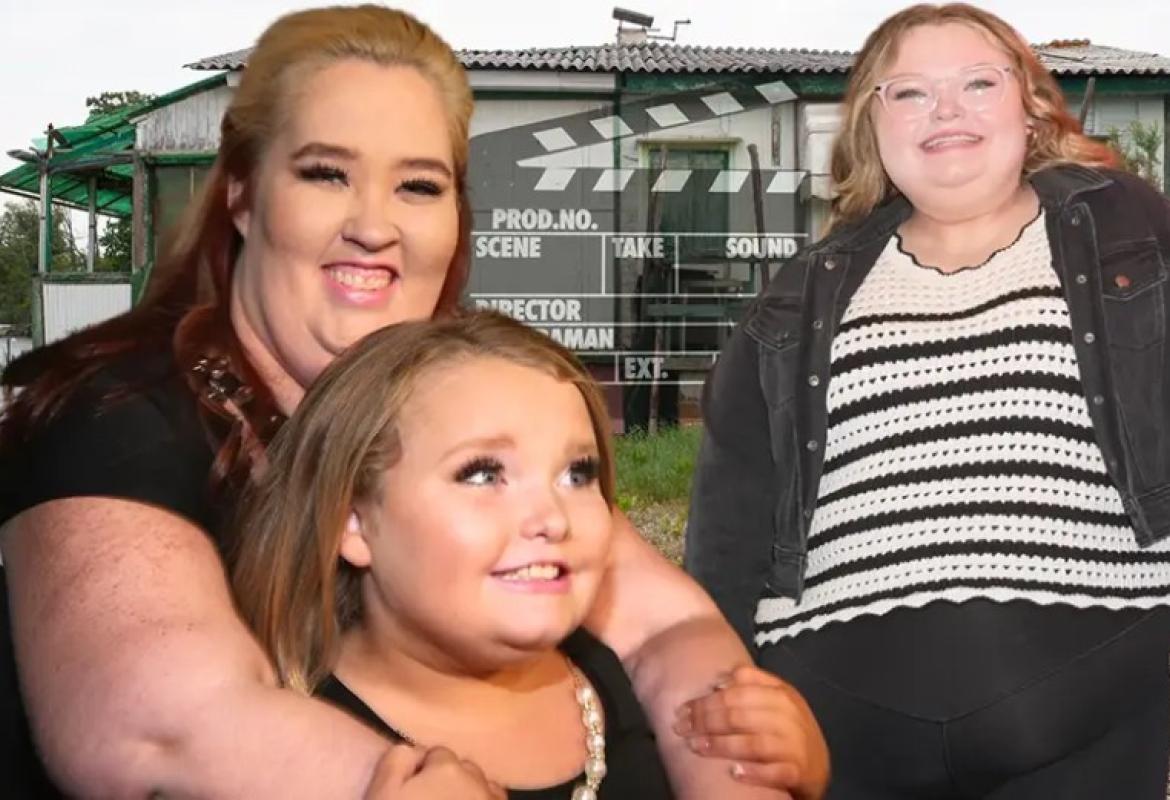
Spinning off from Toddlers & Tiaras, TLC’s Here Comes Honey Boo Boo followed child pageant star Alana Thompson and her quirky Georgia family. What began as humorous chaos soon turned into cultural controversy.
🧨 Why people hated it: Many accused the show of exploiting children and mocking working-class Southern families. It blurred the line between representation and ridicule, turning real people’s lives into caricatures. The series ended abruptly after disturbing off-screen scandals — sealing its fate as one of reality TV’s most uncomfortable chapters.
5. MILF Manor – The Show No One Asked For
Image
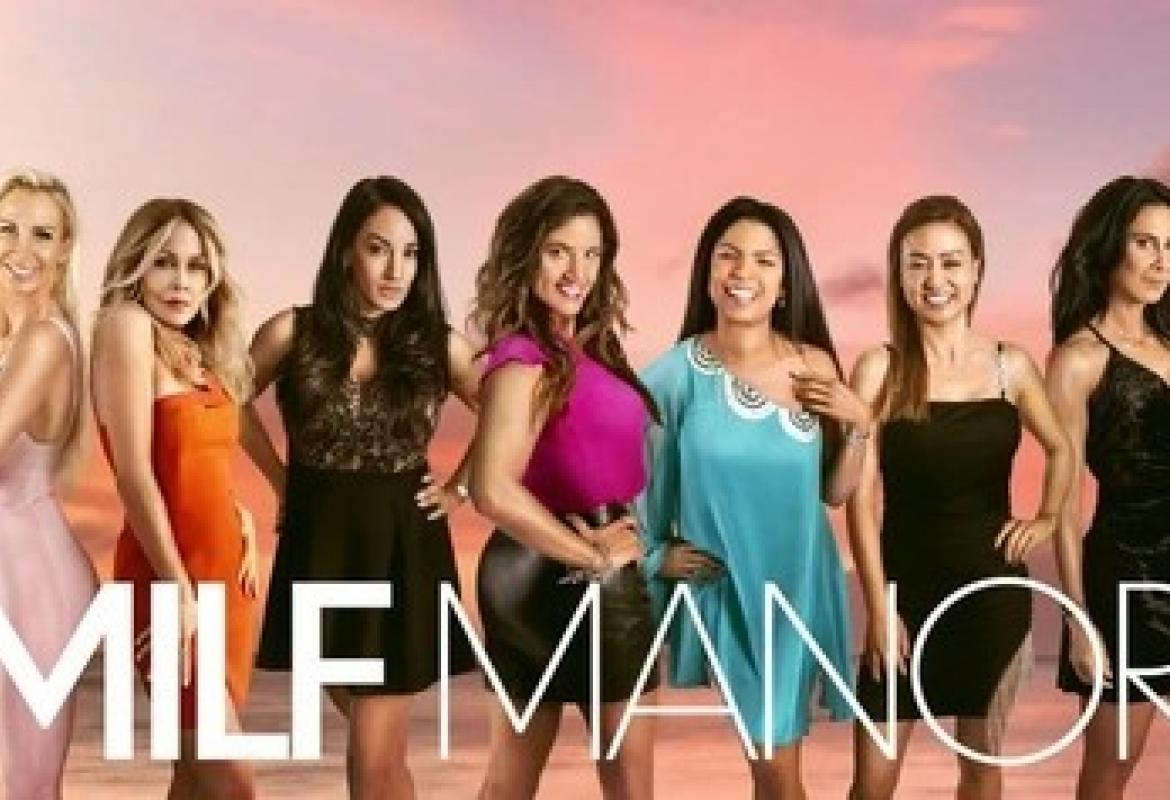
Just when you thought dating shows couldn’t get weirder, MILF Manor arrived in 2023. The premise: older women looking for love with younger men — who, plot twist, turned out to be their sons’ peers. The show’s shocking reveal left audiences speechless and social media ablaze.
🧨 Why people hated it: Many called it exploitative, awkward, and borderline disturbing. Critics questioned how such a concept passed network approval. What was meant to be “bold and empowering” quickly became meme material — and a prime example of how far reality TV will go for shock value.
🧼 Honorable Mentions (a.k.a. “Reality TV’s Dirty Laundry”)
-
The Bachelor – Endless recycled drama wrapped in roses and manipulation.
-
Tiger King – A chaotic descent into ego, exploitation, and wild animals.
-
I Wanna Marry ‘Harry’ – A fake prince, real humiliation, zero dignity.
🎬 Final Thought
Reality TV can be entertaining, absurd, and addictive — but sometimes, it reveals more about us than the people on-screen. These shows pushed boundaries so far that they broke them, reminding us that not everything “real” deserves airtime.









